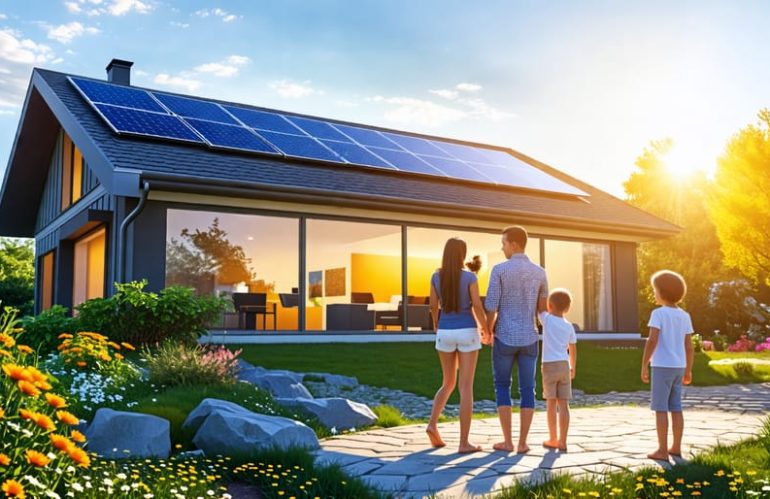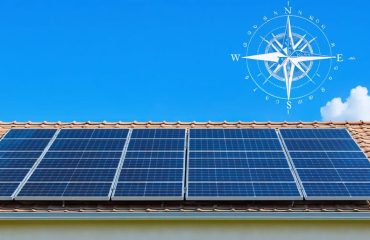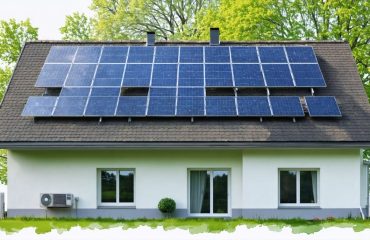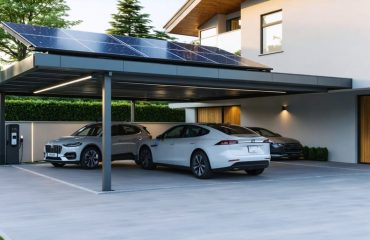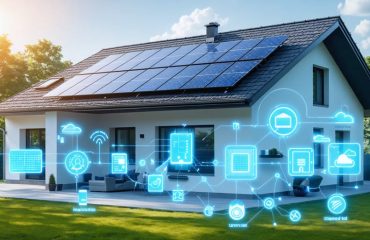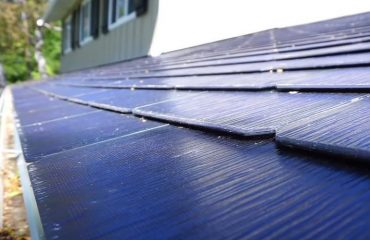Discover if residential solar power is a bright investment for your home. This article sheds light on the financial, environmental and practical considerations to determine if going solar is the smart, sustainable choice for you. We’ll demystify how solar works, debunk common misconceptions, and illuminate the key benefits so you can confidently decide if harnessing the sun’s power is right for your residence. Get ready for an enlightening, jargon-free exploration of residential solar to help you navigate this important decision with clarity and confidence. The future of energy is looking sunnier than ever – let’s see if solar makes sense for your home.
How Residential Solar Power Works
Solar panels harness the power of the sun to generate clean, renewable electricity for your home. The process begins when sunlight hits the photovoltaic cells within the panels, causing electrons to move and create an electrical current. This direct current (DC) electricity is then sent to an inverter, which converts it into alternating current (AC) electricity – the type used by most household appliances and electronics.
From there, the AC electricity flows to your home’s main electrical panel, distributing power to your lights, appliances, and outlets. Any excess electricity generated by your solar panels is fed back into the grid, often earning you credits on your utility bill through a process called net metering. When your panels aren’t producing enough electricity, such as at night or on cloudy days, your home seamlessly draws power from the grid as needed.
With advancements in solar technology, today’s residential solar systems are more efficient, durable, and affordable than ever before. By installing solar panels on your roof or property, you can reduce your reliance on fossil fuels, lower your carbon footprint, and enjoy significant long-term savings on your energy bills – all while contributing to a greener future.
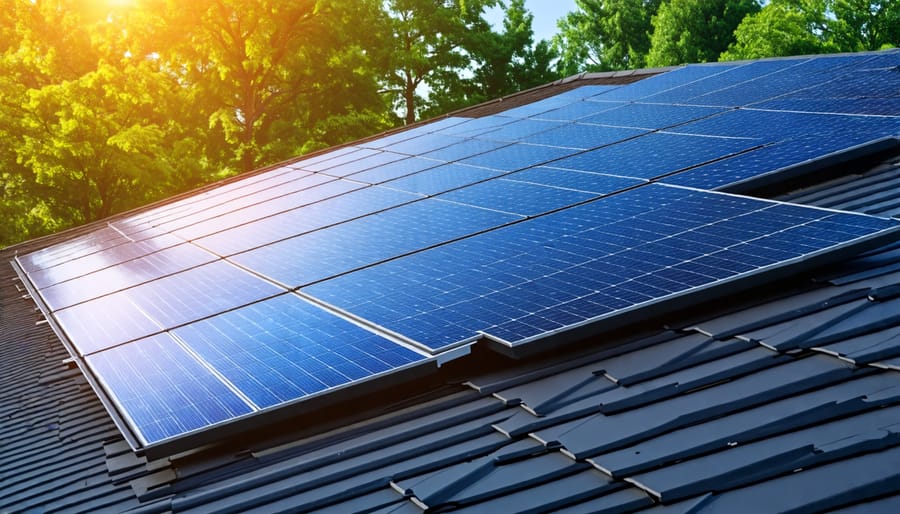
Financial Benefits of Residential Solar
Lower Electricity Bills
Installing residential solar panels can significantly reduce or even eliminate your monthly electricity bills. By generating your own clean energy from the sun, you can offset the electricity you would otherwise need to purchase from the grid. The amount of savings depends on factors like your location, energy consumption, and system size, but many homeowners see their bills decrease by 50% to 90% after going solar. In some cases, you may even generate excess energy that can be sold back to the utility company for credits, further increasing your cost savings. Over the 25+ year lifespan of a solar array, these monthly savings can add up to tens of thousands of dollars. Plus, with electricity rates continually rising, the value of your solar investment only increases over time as you lock in lower, more predictable energy costs.
Tax Credits and Rebates
The federal government offers a 30% tax credit for residential solar panel installations through 2032, with the credit percentage dropping to 26% in 2033 and 22% in 2034. Many states, local governments, and utility companies provide additional incentives such as rebates, grants, and performance-based incentives (PBIs) to further reduce the cost of going solar. These incentives can significantly lower the upfront investment required, making solar more affordable and accessible to homeowners. It’s essential to research and take advantage of all available incentives in your area to maximize your savings and shorten the payback period for your solar investment. With the right combination of tax credits, rebates, and other incentives, you can substantially reduce the net cost of your solar panel system and enjoy the benefits of clean, renewable energy for years to come.
Increased Home Value
Installing solar panels can significantly increase the value of your home. According to recent studies, homes with solar energy systems sell for approximately 4.1% more on average than comparable properties without solar. For a median-valued home, that translates to an additional $9,274. The exact premium varies by location, with some areas seeing even higher increases. As more buyers prioritize energy efficiency and sustainability, a solar-equipped home stands out in the market. Not only does it offer reduced utility costs, but it also demonstrates a commitment to green living that many find attractive. When the time comes to sell, your solar investment can pay off handsomely.
Environmental Impact
Choosing to power your home with renewable solar energy is a significant step towards reducing your environmental footprint. By harnessing the sun’s abundant, clean energy, you can decrease your reliance on fossil fuels and lower your household’s carbon emissions. Solar power generates electricity without releasing harmful pollutants or greenhouse gases, contributing to improved air quality and the fight against climate change.
The environmental benefits extend beyond emission reductions. Solar panels require minimal water for maintenance, conserving a precious resource. Additionally, by decreasing the demand for fossil fuels, solar power helps preserve finite resources for future generations. As more homeowners adopt solar, the collective impact creates a more sustainable energy grid.
Furthermore, investing in solar supports the growth of green jobs and the clean energy industry. By choosing solar, you are not only making a positive impact on the environment but also driving the transition to a more sustainable future. With residential solar power, you can take pride in knowing that your home is powered by clean, renewable energy while inspiring others to make the same eco-friendly choice.

Debunking Common Solar Myths
Solar panels can still generate electricity in cold and cloudy weather. In fact, solar cells are more efficient at cooler temperatures. While cloud cover does reduce the amount of sunlight reaching the panels, they can still produce a significant amount of energy in overcast conditions. Germany, known for its often cloudy climate, is a world leader in solar energy production. Solar panels work by converting light into electricity, not heat, so they can function well even in regions with limited direct sunlight. With proper sizing and installation, solar systems can be a viable option for homeowners in virtually any climate.
Despite the common myth, solar panel costs have fallen dramatically in recent years. In fact, prices have dropped by over 70% in the last decade. Additionally, there are numerous incentives available, such as federal tax credits, state rebates, and local utility programs, which can significantly reduce the upfront cost of going solar. When you factor in the long-term energy savings and the potential increase in your home’s value, investing in solar panels becomes an increasingly attractive financial decision for many homeowners. With the right combination of incentives and financing options, going solar can be more affordable than ever before.
Is Solar Right for Your Home?
To determine if your home is a good candidate for solar panels, consider factors such as your location, roof orientation, and shading. Homes in sunny areas with south-facing roofs that receive minimal shade are ideal for solar. Evaluate your energy consumption and compare it to the potential output of a solar system. If you have high electricity bills and want to reduce your carbon footprint, solar could be an excellent investment. Consult with a professional installer to assess your home’s suitability and receive personalized recommendations based on your specific situation. With advancements in technology, solar is becoming a viable option for an increasing number of homeowners.
Conclusion
In conclusion, residential solar power is a smart investment for many homeowners. With the potential for significant long-term savings on electricity bills, the ability to increase home value, and the positive environmental impact, going solar offers a multitude of benefits. While the upfront costs may seem daunting, financing options and incentives can make the switch more affordable. As technology continues to improve and costs decrease, now is an excellent time to consider solar power for your home. By weighing the pros and cons and evaluating your specific situation, you can determine if residential solar is the right choice for you and your family.

